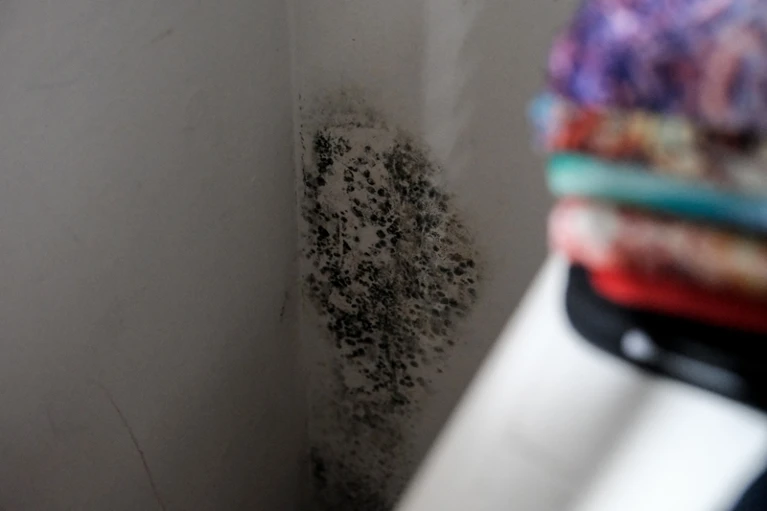As preparations for COP29 ramp up, the debate over the financial commitments of wealthy nations to support developing countries in decarbonization and disaster recovery intensifie
Indoor air pollution kills and science needs to step up

In 2020, indoor air pollution killed almost 3 million people, nearly as many as outside air pollution. What is obvious is that, just as poorer and disadvantaged individuals are disproportionately harmed by poor outdoor air quality, poor indoor air quality is also a factor of inequality. In Sub-Saharan Africa, for example, it is anticipated that 700,000 people died from indoor air pollution in 2019, many of them as a result of particulates from indoor biomass burners. Lower-income persons in wealthier or colder nations are more likely to depend on gas or solid fuels for heating, or to live in damp and mold-infested dwellings. Targeted actions to enhance air quality, such as promoting the use of cleaner fuels, may be a win-win scenario, with the added benefit of supporting decarbonization.
The United States Department of Justice issued an amicus brief supporting claims from a Wisconsin tribe that Enbridge's Line 5 pipeline is trespassing on tribal lands.
The Science-Based Targets initiative (SBTi), a key organization setting standards for corporate emissions reduction, is in turmoil following its decision to allow carbon offsets t
Grist’s examines President Biden’s ambitious environmental justice initiative, Justice40, aimed at directing 40 percent of certain federal climate and environmental
The Biden administration's allocation of $830 million in grants to fund 80 projects aimed at strengthening the nation's infrastructure against the impacts of climate change.
The importance of more than just financial support for Indigenous communities in transitioning to green energy.
a recent study suggesting that installing solar panels on nonresidential buildings like schools and stores could substantially reduce the energy equity gap in marginalized neighbo
Geothermal energy, long considered a niche player in the U.S. energy landscape, is now poised for significant growth thanks to a confluence of factors including technological adva
Walter Moorer and other residents of Chin Street in Africatown, Alabama, have long protested against the environmental hazards posed by the Hosea Weaver asphalt plant, which emits
The Mayor’s Office of Climate & Environmental Justice released a comprehensive report unveiling the profound social inequities exacerbating environmental issues in New York City
A biomass and carbon capture project slated for California’s Central Valley came to an abrupt halt after San Joaquin Renewables withdrew federal and local permits under scrutiny f
The Biden-Harris Administration, as part of its ambitious climate agenda, announced a $20 billion investment in clean energy and climate solutions, aimed at reducing energy costs
The imminent groundbreaking of the largest urban solar farm in the United States, located in Houston's Sunnyside neighborhood.
A study published in Environmental Health Perspectives investigated the link between long-term exposure to fine particulate matter (PM2.5) and cerebrospinal fluid (CSF) biomarker
City of Houston is obligated to return at least $45 million in federal funding to the state after failing to fulfill its commitment to construct affordable housing.
















